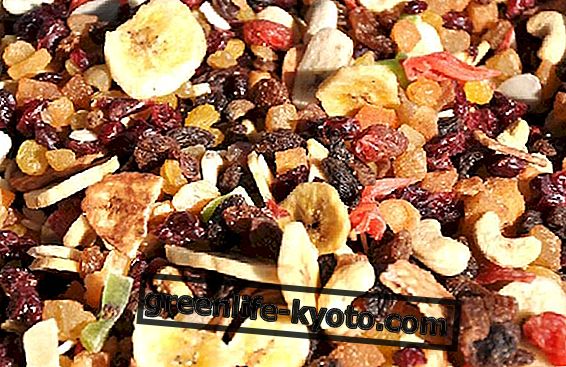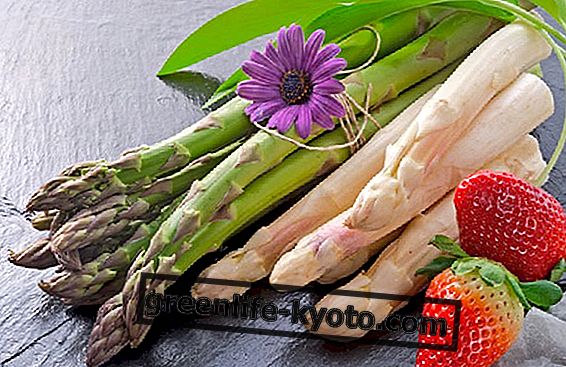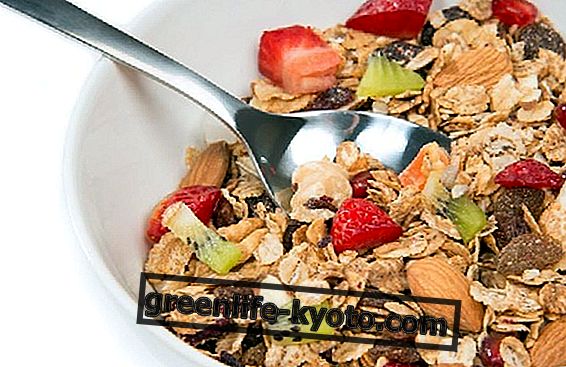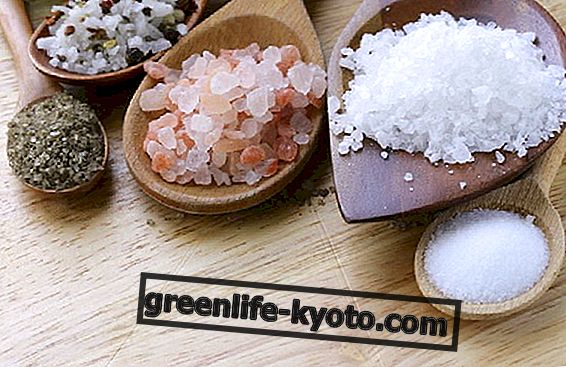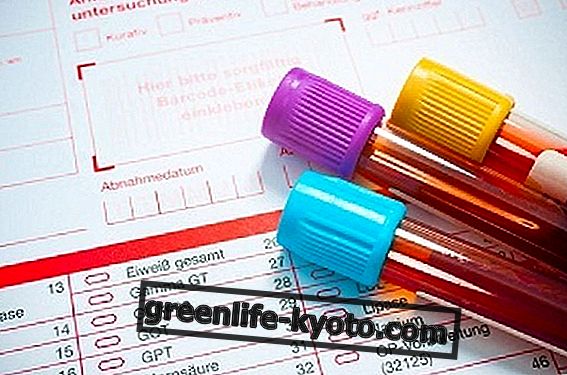
Hippocrates, the father of medicine, affirmed that the intestine is the organ on which the health of the body depends, so treating it means taking care of one's own well-being.
The intestinal bacteria populate the entire digestive tract even if they are more numerous in the colon and make up 60% of the dehydrated stool mass. The main bacterial species that populate it are Lactobacillus, Streptococcus, Bifidobacterium, Enterococcus and Candida . The relations between the organism and intestinal bacteria is based on a kind of mutual cooperation.
Functions of the microflora
There is a real organ, called "microbiota", composed of about 1.5 kg of intestinal bacterial flora, whose functions are varied. The first explicit action is that of defense against pathogenic germs.
Other features are:
- fermentation and absorption of carbohydrates
- the prevention of inflammatory bowel diseases
- allergy prevention
- stimulation and strengthening of the immune system
- the degradation of toxins such as ammonia or pathogenic toxins
- the regularization of intestinal function
- absorption of important vitamin components, such as vitamin B8 and vitamin K
Microflora as a therapy: Probiotics and Prebiotics As we age, the intestinal flora undergoes qualitative / quantitative changes due to various causes: drugs, nutrition, stress, etc. These modifications are summarized as dysbiosis. The therapeutic role of the host bacteria of our intestine through the use of Probiotics is now confirmed, this term indicates "in favor of life" from the Greek "pro bios". Probiotics consist of "living and vital micro-organisms that, when taken in adequate quantities, confer a beneficial effect on the host organism", as established by the Guidelines issued by the Ministry of Health. Probiotics are also often referred to as lactic ferments, an imprecise name given to lactic bacteria, microorganisms capable of metabolizing lactose. Some of these ferments have the ability to get alive to the intestine where they can reproduce and improve human health. An example is the Lactobacillus Rhamnosus GG, acronym of the two researchers Barry Goldin and Sherwood Gorbach, which has been extensively studied. Integration with probiotics is advisable in the following cases:
- after taking antibiotics
- during colitis episodes
- in the presence of food intolerances
- in conditions of immunodeficiency
- in case of hypercholesterolemia and hypertriglyceridimia
- in individuals affected by inflammatory bowel disease
The prebiotics: they are non-digestible organic substances, capable of stimulating the proliferation and activity of the "good" bacteria present in the intestine. The best known and most studied are the fructo-oligosaccharides (FOS) such as inulin, but also other substances, such as galacto- and gluco-oligosaccharides (GOS) such as lactulose and lactylol. Their fermentation creates favorable conditions for the growth of Bifidobacteria and Lactobacilli and unfavorable for pathogenic micro-organisms. Furthermore, these substances facilitate the absorption of water and of some and it is shown to be a strain resistant to gastric and biliary juices with important beneficial actions for the intestine. minerals such as calcium, magnesium and zinc. They have been shown to be particularly useful in reducing the plasma concentration of cholesterol and triglycerides. In nature oligosaccharides are present in numerous vegetables such as chicory, artichoke, onion, leeks, garlic, asparagus, wheat, bananas, oats and soy. When there is a condition of dysbiosis, there is also an alteration of the intestinal mucosa, caused by intestinal gases, the action of free radicals and low-intensity inflammation, which allows the passage of macromolecules and micro-organisms to the blood level. This is referred to as "syndrome of increased intestinal permeability". All this can increase the discomfort during digestion, cause the onset of food intolerances and infections such as candidiasis (from Candida Albicans) and cystitis: in these cases it is useful to integrate with probiotics and prebiotics in order to favor the reconstitution of the bacterial flora. Food intolerances are constantly increasing, and often derive from incorrect eating habits, a diet that is not very varied and rich in industrial and refined foods. With the Biotest Thema 400 food intolerances are detected, up to 600 foods with a small lock of hair. It is a valuable tool for those suffering from gastrointestinal disorders, but above all for those who want to prevent them. Understanding and knowing the problem is essential to solve it, through a specific diet for tolerance recovery and integration with appropriate probiotics and prebiotics.
